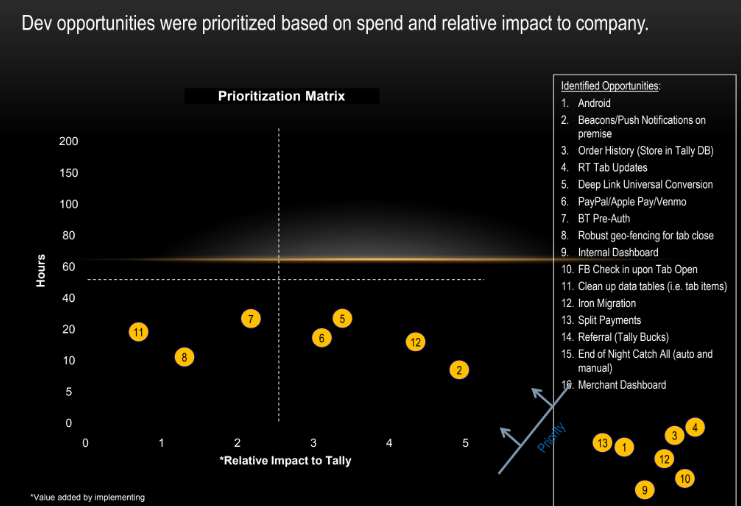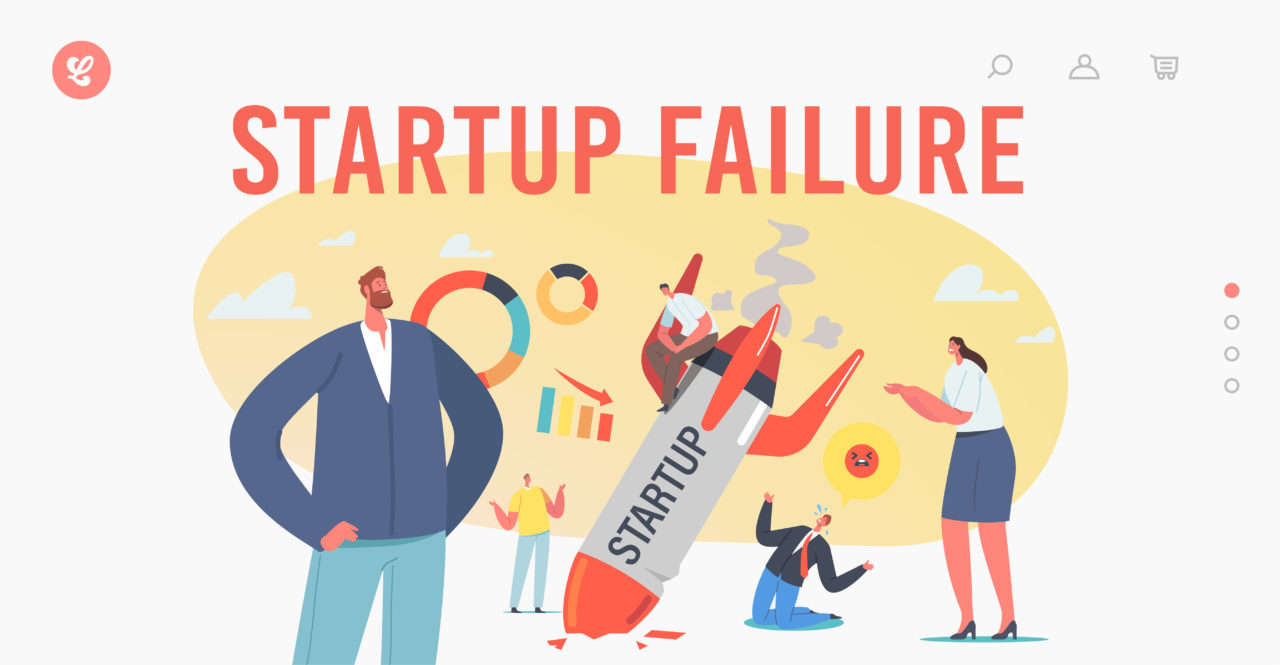Over the years, we’ve built, launched, and scaled several of our own startups, in addition to working with a lot of startup clients of ours at Calibrate. With all this experience, we’ve realized there are mistakes many startups make that either lead to a poor product, hinder growth, and/or lead them down a path of failure.
Why talk about the negatives instead of the positive, you’re thinking? Well given the fact part of a startup’s success relies on fate, it is harder to explain what exactly makes a startup successful (aka how does a company become a “Facebook” or “Google”?). While the recipe for success may not be as easy to articulate, we can certainly steer startups in the right direction by avoiding pitfalls that can lead to a startup’s demise or a sub optimal user experience.
- Unwilling to Pivot – Dare we mention the big, bad “P Word”? Startups are volatile and things are constantly changing. Founders must be intuitive and adaptive. Intuitive enough to take a step back and identify where the company is headed (what is working and what isn’t) and adaptive enough to act by making the necessary adjustments to ensure the company stays on a positive trajectory. There are times where a company starts with one core competency and decides to pivot to a slightly different solution.
- Lyft was supposed to be a glorified cross country hitch hiking tool!
- PayPal was originally focused on building security for handheld devices.
- A less extreme example is Groupon (originally the Point), which was geared towards users signing up for a good cause and the cause would only receive funding if enough people pledged to contribute.
- Team Makeup – VC’s will take an A management team with a C idea over an A idea with a C management team every time! The odds are stacked against startups. It is not easy and requires agility, discipline, perseverance, execution, and passion!!! The best way to accomplish this is have a team that gels and understands what being a co-founder means. Late nights, weekends, sacrifices, team work, and a “do whatever it takes” mentality. We’ve seen startups fail because the team could not handle the adversity, imploded, and/or underestimated what went into starting a company. Avoid inviting teammates that don’t understand the aforementioned. This will only cause a startup to lose focus and potentially lead to resentment, arguments, and even the company dissolving.
- Broad Scope – Even the largest and most well capitalized companies in the world have a finite amount resources; chief among them, time. Startups, in particular, have a limited amount of time before burning through their capital, at which point the journey is over unless they’ve created enough value to raise another round of capital. We’ve see many startups lose their focus and try to do too much all at one time. This stretches the team thin and usually results in nothing getting done. It’s far better for a startup to focus on building an MVP or minimum viable product (even if it’s pertaining to features v. an entire product) and to do that well, than it is to build a subpar product.
- Digesting Every bit of Feedback – With tech products, having regular users means receiving feedback. The good, the bad, and the ugly. Taking every piece of user feedback is virtually impossible. Early stage startups don’t have the resources to implement it all and large companies receive WAY too much feedback to ever have the chance to address it all. We always recommend our clients create a prioritization matrix (see screenshot below), which provides an objective way of prioritizing the product roadmap. Good customer service is important but taking every piece of feedback to heart and shifting priorities because of that feedback, will derail a startup and lead to missed deadlines for imperative new features that arguably add more value to most users v. a small group.

- Panic Launch – A Panic Launch can be defined as rushing a product to production before testing properly (I.e. conducting a formal beta test). In the case of a product first launching, we always advise our co-founder clients to wait until the actual product is complete (INCLUDING QA; check out this article on outsourcing QA if unsure to outsource or bring in house) before scheduling any marketing or launch events. This ensures the product is not launched prematurely with careless bugs or UX issues and makes for a far less stressful first rollout.


